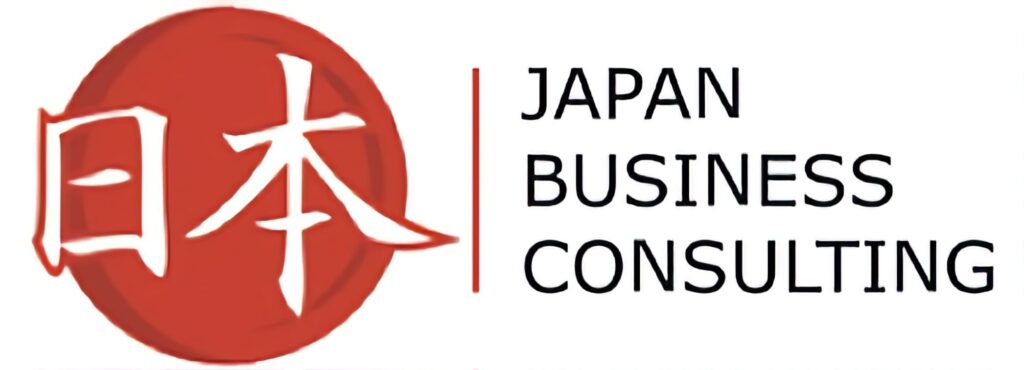Japan Market Overview
Written by Erich Ahorner on Nov. 14th 2019

With a GDP 1.3 times larger than EU's powerhouse Germany, and a GDP per capita 8 times that of China, Japan is Asia’s high-tech economy.
Japan is still a lucrative market for international companies seeking to do business overseas.
A Huge Economy
Japan’s economy has been famously static over the last two decades, but the market remains huge and the present government has implemented a number of far-reaching reforms that are designed to support that recovery even further. The three-pronged strategy introduced by Prime Minister Shinzo Abe – inevitably called “Abenomics” – has stabilized the yen exchange rate, built up the stock market, boosted corporate investment and encouraged the public to go out and spend.
In its most recent economic growth reading, released in November the Gross Domestic Product (GDP) in Japan expanded 1.30 percent in the third quarter (Jul-Sep) of 2019 over the same quarter of the previous year, the 18th consecutive quarterly expansion since 2015.
Those figures mean that Japan is continuing to build on a number of impressive statistics – including that the economy of Tokyo is bigger than that of all Russia, while the Chubu region of central Japan is worth more than the GDP of South Korea.
GDP Annual Growth Rate in Japan averaged 1.97 percent from 1981 until 2019.
Like in most developed countries, services account for the highest percentage of GDP (around 62 percent of GDP). The most important are wholesale and retail trade (around 7 percent of GDP) and real estate (around 6 percent of GDP). Manufacturing is the engine of the Japanese economy and accounts for nearly 22 percent of GDP and construction also plays a significant role with around 5 percent.
Besides the European Union–Japan Economic Partnership Agreement (EPA), Prime Minister Abe has also accomplished to further develop Japan’s international economic ties (despite the Trans-Pacific Partnership (TPP) Agreement that could not enter into force due to the United States that withdrew its signature) with a U.S.-Japan Trade Agreement.
Like all nations, Japan is undergoing dramatic social changes, including the rapid aging of its population. That, for example, offers good opportunities for companies that specialize in the elderly-care sector and related businesses. Another area with good potential is education, with more parents recognizing the importance of giving their children a more globalized outlook, with particular emphasis on English language learning from an early age.
A Cutting Edge Business Culture
- 52 Fortune 500 companies are Japanese (the US has 121)
- Japan boasts the highest number of millionaires in Asia.
- Hunger for IP, especially in high-end electronics, biopharmaceuticals and business services.
- Young entrepreneurs are challenging old ways of business
- Japan has the fourth highest R&D spend in the world at 3.5% of world GDP.
- Stable place to do business: commitments are met and things happen on time
- Doing business holds fewer surprises in Japan than elsewhere in Asia or in the world – with well protected & respected IP
Consumers with High Levels of Disposable Income
With a staggering 3 million Japanese millionaires (3rd in world ranking) there is clearly a large pool of people with money to spend. And the Japanese are, without doubt, fans of both cutting-edge new technologies and services and high-quality imported products. Which is ideal for firms with expertise in those areas. Consumers focus heavily on quality, style, reliability and a sense of tradition in a finished product and always look for international companies capable of delivering all that and more. Many consumers today are those who made their money during Japan’s rapid economic ascent and have now retired and are looking to enjoy the fruits of their work. The over-60s have high levels of disposable income and are not shy about spending it on themselves or their families. The amount of personal wealth is high: $24.9 trillion in net financial assets is held by households (4 trillion more than the US GDP of 2018).
From fashion through to automotive, food and drink, design and the latest digital creations, Japanese consumers have an affection for the best of products. And that’s without all the corporations looking to access international know-how in the areas of chemicals, construction, engineering, transportation, communications, consulting, energy, biotechnology, pharmaceuticals and a myriad of others. Other sectors that can be fertile ground for companies include single-person households and singles who live with their parents and therefore have plenty of money to be attracted by the right products.
Apply for a free Strategy Session now to assess your market potential for doing business in Japan.

Erich Ahorner
Erich Ahorner helps people enter the Japanese market and grow their businesses. He is an expert at helping people with market entry using online and offline methods and trying to break down necessary steps to make things simple to understand. If you're interested in growing your business or entering a new market to and increase sales then definitely reach out and request a free strategy session today.
Menu
